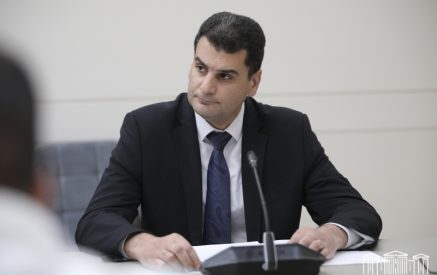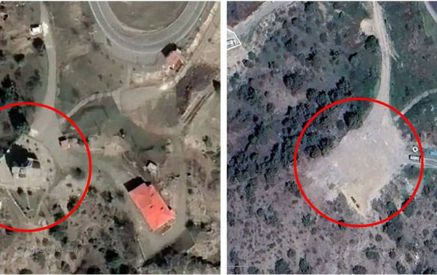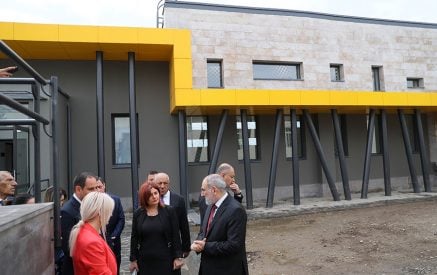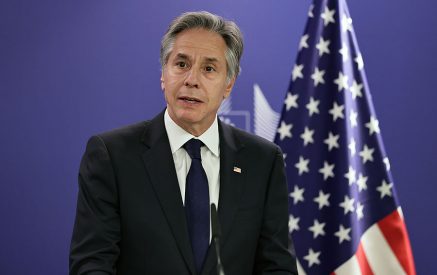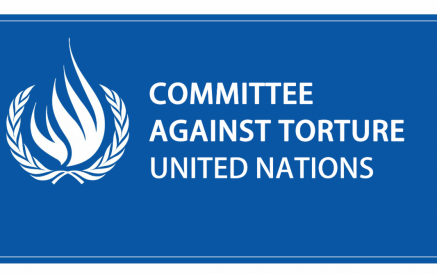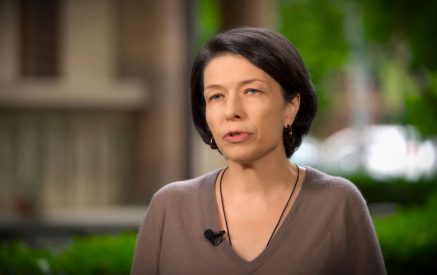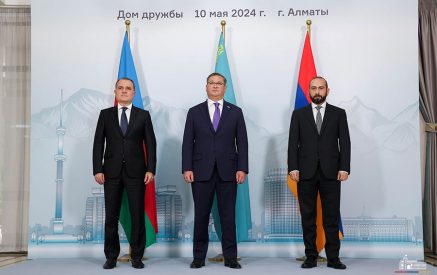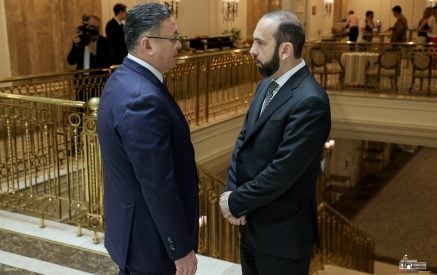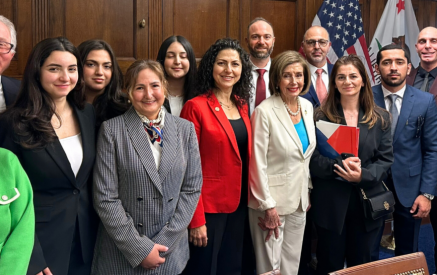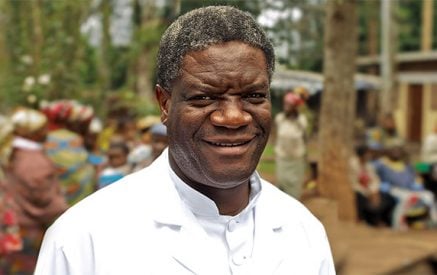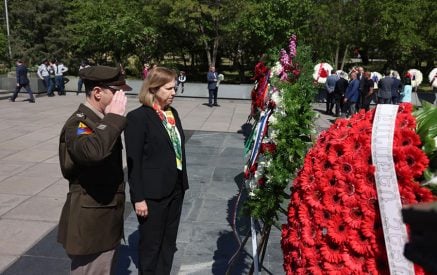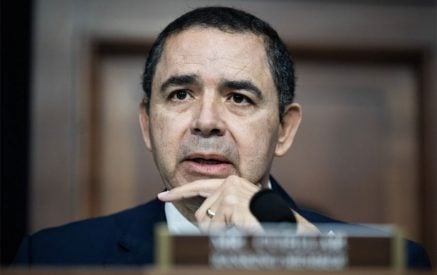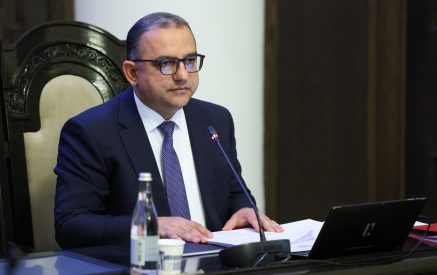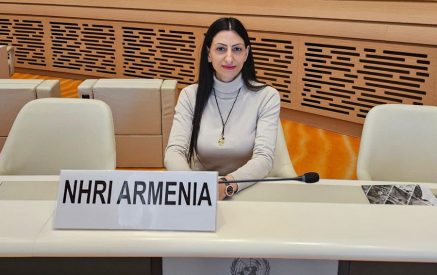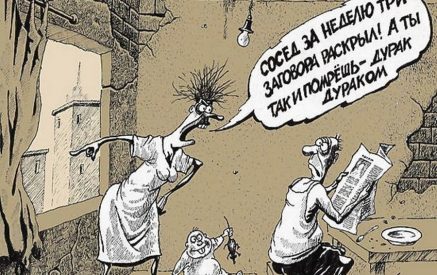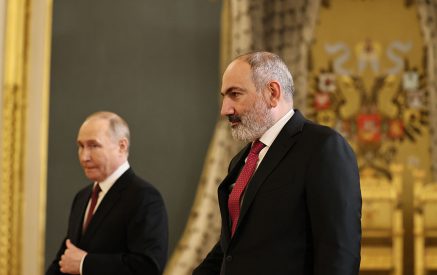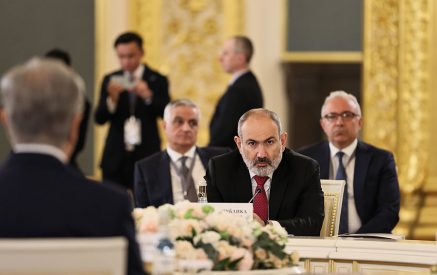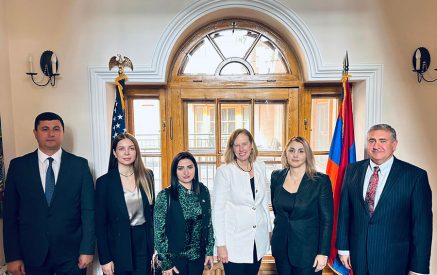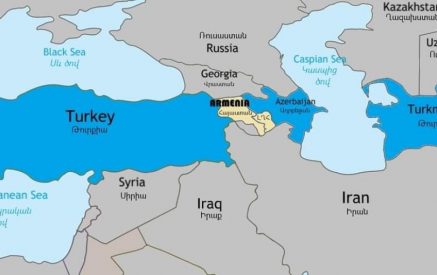A year after the revolution, references to various problems in the public administration system in Armenia intensified. On 20 May 2019, the Prime Minister pointed out the corruption in the judiciary, its convergence with the previous executive authorities, and on 4 August 2020, he mentioned the problems in the public administration system in general.
Public administration problems in Armenia can be divided into two groups. The first is the lack of integrity and the second – the lack of management and strategic planning skills.
Since the discussion on vetting, the notion of integrity in the context of judicial reforms has been introduced in the vocabulary of the Armenian society. This is not a new term for Armenia: the Ministry of Defense has a Human Rights and Integrity Building Center, which also has a hotline for receiving complaints. After months of deliberations, the idea of vetting of the judiciary gradually transformed into a strong emphasis on the fight against corruption, in the context of which the authorities started developing the standards of integrity and ethics, using those two terms in an interchangeable manner.
Progress made over the past year
Read also
Over the past year, progress has been made in the elaboration of the legislative and normative amendments aimed at strengthening integrity. A new Corruption Prevention Commission was created in December 2019, authorized to prosecute state officials suspected of being engaged in bribery, fraud and other corrupt practices. Among other functions, it will have a mandate to deal with issues related to the code of conduct and ethics of high-ranking officials, with the exception of several categories, i.e. the deputies of the National Assembly, in which case the function of the Commission is limited to the evaluation of the assets and income declarations and identification of the conflict of interests. The strategy developed by the Ministry of Justice defines a three-year transition period during which other law-enforcement bodies can deal with corruption-related offences.
Over the past year, the Ministry of Justice worked on a draft Law on Making Amendments and Addenda to the Constitutional Law the Judicial Code and on Package of Co-Draft Laws. Public debates were organized on the package, and international legal opinion was received. The package was endorsed by the National Assembly on 25 June 2020.
On 23 April, the Government also adopted the Police Reforms Strategy where the necessity of the standards of integrity of the police have been underlined.
Finally, in the second quarter of 2020, the National Assembly started working on building parliamentary integrity and ethics aiming to have an Ethics Code and an Ethics Committee in place with an emphasis on two aspects: anti-corruption on one side and human rights and related behavior on another side.
Gaps in the notion of integrity and organizational culture in the public administration
Despite the huge significance of the fight against corruption, looking at the problems of public administration and the judiciary, defining the standards of integrity with an emphasis on the fight against corruption generates concerns, as it may leave impression that other problems of integrity are permissible. At the same time, it is not clear whether the scope of corruption is limited to mostly financial corruption and bribery, or also political corruption. The latter includes not only bribery, but also nepotism, favoritism, cronyism, and other manifestations of patronage. It is mentioned that the declaration incudes a question on the conflict of interests, but it is not sufficient.
In the public administration system of Armenia, conformism and opportunism have been common for decades, and even considered as identical with teamwork skills. This perception comes first from the Soviet style, and then from the style of management based on the degree of influence due to various factors related to family ties and friendships. The whistleblowers have been considered problematic, “those who report on others”, troublemakers spoiling the working atmosphere while in the international civil service it is misconduct that is considered a violation of the harmonious working atmosphere. The whistleblower protection mechanism in the Armenian pubic service is limited to an anonymous online reporting with a focus on corruption issues.
According to the UN definition of integrity, the organization’s staff, especially those who are international civil servants are required to show impartiality, fairness, honesty and truthfulness in their daily activities and behavior, to act without consideration of personal gain, to resist undue political pressure in decision-making, not to abuse power or authority and take prompt action in case of witnessing unprofessional or unethical behavior.
The UN Secretary General’s bulletin on Prohibition of discrimination, harassment, including sexual harassment, and abuse of authority defines that it is the duty of a civil servant to take an action if he or she witnesses unethical acts. In cases where the whistleblower reports on wrongdoing committed by a more senior official, the latter may retaliate against the whistleblower by providing a negative evaluation, limit the functional competencies of the whistleblower, hindering his or her promotion, creating a hostile working atmosphere around the whistleblower, or pulling him or her out of the organization. That is why the International Civil Service has a policy to protect the whistleblower, as well as bodies, such as the Ethics Office, which monitors the behavior of the employee accused of violating the standards of integrity towards the whistleblower, which can be considered retaliation. Whistleblower protection refers not only to the fight against corruption, but also reporting any misconduct or cooperation with audits or investigations. At the same time, if it is found out that the whistleblower has presented a false report for dishonest purposes such as personal gain, disciplinary measures may be taken against the whistleblower.
At the same time, if it is found out that the whistleblower has presented a false report for dishonest purposes such as personal gain, disciplinary measures may be taken against the whistleblower.
Discrimination issues
In addition to integrity, international civil servants are required to show respect for diversity, which includes the ability to work effectively with people of all backgrounds and natures, to treat them with respect and dignity, to respect different views in day-to-day decision-making, to analyze one’s own prejudices and behavior, to avoid reacting stereotypically in different situations and not to discriminate against any individual or group.
It seems that being an ethnically almost homogeneous state, those criteria have little applicability in Armenia; however, that is not the case. First of all, there are manifestations of extreme nationalism in the Armenian society, which at times go beyond national pride and reach the level of xenophobia and racism. While talking about negative phenomena, some officials have made references to certain nationalities in their public statements, using “Gypsy”, “Yezidi”, “Albanian” as labels, or speaking in a superior tone, i.e., about “Africans” or “Indians”. Patriotism should not be equated with nationalism. If the first is the love for the homeland and one’s own people, which can at times be expressed through constructively criticizing and fighting against the negative phenomena manifested among one’s own people, then the extreme manifestations of nationalism consider one’s own nation superior to others, fetishize one’s own country, result in neglecting any negative trends of behavior among its people and lack in a desire to change them, which cannot contribute to the progress of the state.
Besides, half of the population, as mentioned in the document noted by the Prime Minister, and half of the workforce are women, but their potential is not fully used. It is largely the result of widespread but widely denied discrimination against women in the public administration system, manifested in a variety of ways. It ranges from unequal opportunities, inadequate and disproportionate appreciation and career growth while having comparable level of education and skills, and ending with sexist treatment and the most severe – sexual harassment, which has always been a forbidden topic in the Armenian society. Having and expressing own opinion or taking an initiative by women can be perceived negatively unlike similar behavior by men – the latter is more readily perceived as a demonstration of leadership skills. Often despite the same quality of work and similar or even more obvious outcomes, women’s career growth is slower, and stagnates in the middle management level, such as a senior specialist or a head of a section, especially in the areas that are traditionally considered male-dominated.
Finally, there is also a certain clash between the long-term servants in the system who have institutional memory and management experience but don’t necessarily share core values of the post-revolutionary period, and don’t necessarily have an updated skillset required by the current realities, including the ability to adapt, transformational leadership skills and ability to be pro-active rather than reactive. At the same time, newcomers may lack experience and expertise. Both of them may lack strategic planning skills. This is the topic of the second part of this article; however, there may be a mutual bias and tendency to discrimination against each other by each of those two categories of public servants.
The post-revolutionary period provides a unique opportunity for fundamental reforms in the public sector and for the positive transformation of the organizational culture, the scope of which should include the regulation of the above-mentioned integrity norms.
Sossi Tatikyan

